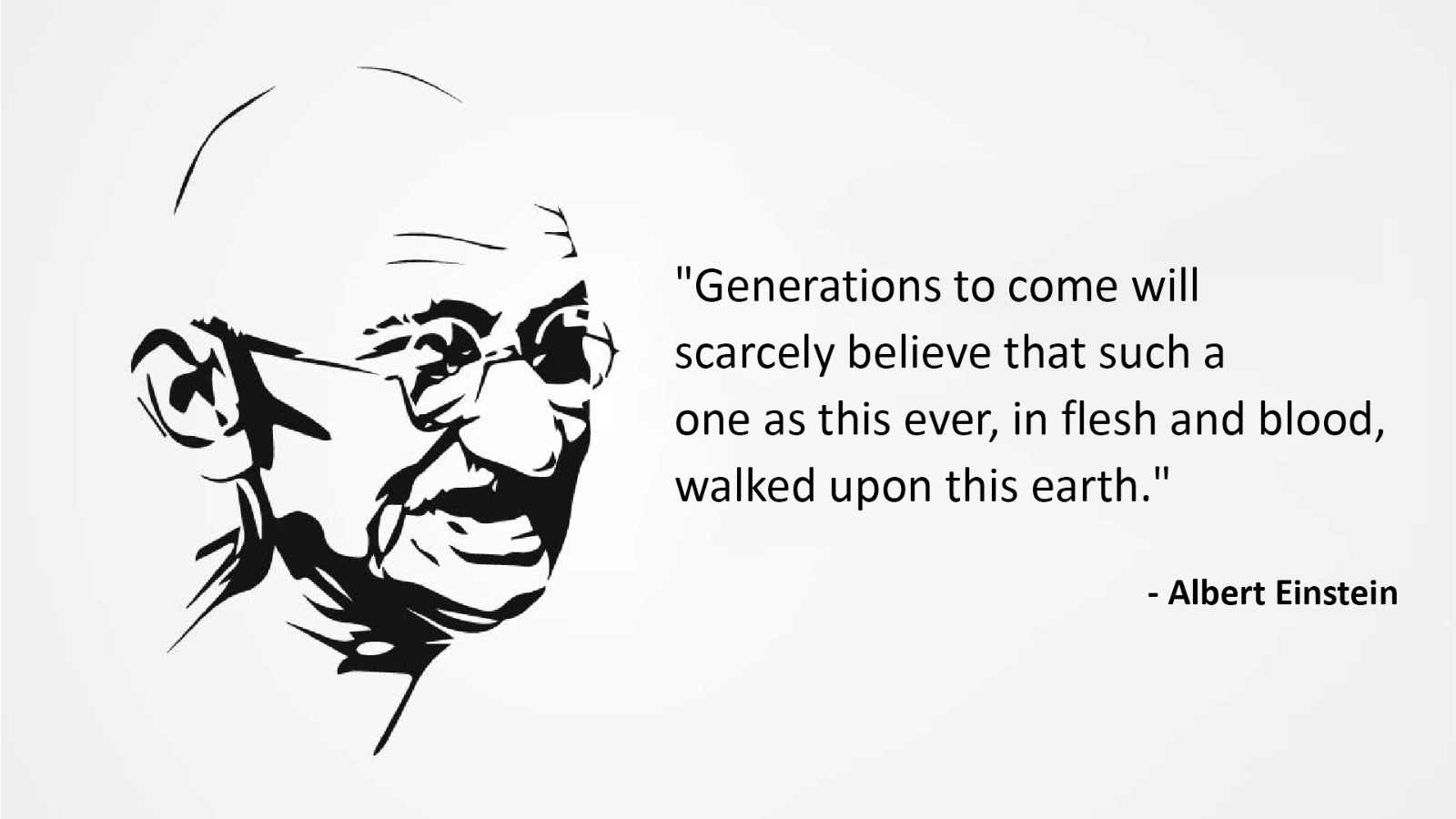Throughout the annals of history, societies have never existed without their share of imperfections and flaws. The human story is marked by instances where certain groups or individuals, often in the minority, have exploited the rest of the population, using various differentiators such as God, religion, race, sex, intelligence, or education as pretexts.
However, every so often, across generations, leaders emerge to challenge such atrocities. The perpetrators, armed with various arsenals, seek to quell any form of dissent. We’ve witnessed mythological demons, barbarians, and humans committing heinous acts like Yugoslavian crimes, the infamous Nazis, and atrocities back home like the Jallianwala Bagh massacre by European colonisers.
But within these dark chapters of history, rays of light emerge, offering a refreshing glimpse of hope and guidance. One such remarkable light was the Indian freedom movement led by Mahatma Gandhi, and what made it truly special was the strategy he employed: peaceful protest and civil disobedience.
At the time, there was no unified India as we know it today. It was a patchwork of regions with diverse populations, languages, practices, beliefs, and ideologies. Moreover, it had endured centuries of wars, invasions, foreign rule, underdeveloped transportation, and limited means of communication.
Gandhi’s unique idea that a vast territory could gain independence from British colonizers through peaceful protest and civil disobedience was unheard of. He advocated turning the other cheek when slapped – an idea so unconventional that it remains difficult for many to fully grasp even today. Yet, somehow, Gandhi possessed the extraordinary ability to persuade people.
What defines a great leader? It’s not just having an idea, but the capacity to articulate it to a vast audience, convincing them to rally behind it, even amidst disagreements. A great leader is one whose ideas resonate so deeply with followers that they act upon them, creating a shared sense of belonging and purpose. Gandhi’s ability to mobilize a fragmented country without modern communication tools remains a staggering achievement, one that seems almost unfathomable.
Gandhi’s life and ideologies demonstrate that gentleness can generate profound waves of change. A leader need not be dominating or loud to sway people. He stands as one of the greatest leaders in human history. Leaders like Khan Abdul Gaffar Khan, Benigno Aquino Jr., and Martin Luther King Jr., drew heavily from Gandhi’s ideas. Notably, Nelson Mandela, who fought against apartheid in South Africa, was deeply influenced by him.
To introduce an alien idea and convince the world to follow is an extraordinary feat. Of course, detractors and criticisms exist. Gandhi’s stance on inclusivity has been questioned, and his coining of the term “Harijan” (children of God) for Dalits was viewed by some as divisive. Personal aspects, such as his son’s struggles with alcoholism, raised doubts about his parenting. However, greatness lies in learning from a person’s life and values rather than dwelling on their shortcomings. In my view, there is much to glean from Mahatma Gandhi’s life, making him a truly remarkable leader.
In honouring his legacy, let us reflect on his teachings and strive to create a world marked by peace, non-violence, and unity – a world that Gandhi envisioned and worked tirelessly to achieve.
In life, it’s always about seeing what we are becoming, not what we are doing – and Gandhi did that best.

